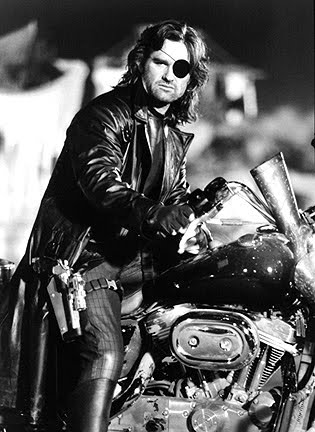As Lance Armstrong prepared to make a cycling comeback at the 2009 Tour de France, antidoping scientists who had been pursuing him for a decade got wind of a new kind of blood test.
These scientists believed Mr. Armstrong had boosted his performance in past Tours by transfusing his own blood during the race—a banned practice that is hard to detect in conventional tests.
The new test, then in development by researchers in Barcelona, held out a tantalizing promise: if perfected, it could detect a molecule contained in blood bags that would only be present in the system of a person who had taken a transfusion.
The scientists, who worked for various antidoping organizations around the world, approached cycling's governing body, the Swiss-based International Cycling Union, or UCI, with a plan, according to one person who was involved. They would get a sample of Mr. Armstrong's blood during the race, freeze it at a doping lab, and after the test was perfected, use it to determine whether he had cheated.
But the Swiss lab that handles Tour drug testing declined to participate, this person said, because the plan, which also targeted other top riders, didn't follow the drug-testing protocols set forth in the antidoping code that governs the sport.
On Thursday, the long pursuit of Mr. Armstrong by antidoping authorities appeared to come to an end when the retired cyclist declined to contest the doping-conspiracy charges brought against him in June by the U.S. Anti-Doping Agency—a move that caused him to be stripped of his seven Tour de France titles. In a statement, Mr. Armstrong called the process "one-sided and unfair," and said there was "zero physical evidence" that he had cheated.
Although it resulted in a stiff punishment, the case against Mr. Armstrong underlines the difficulties that antidoping authorities faced for years as they tried to build cases against athletes based largely on the results of in-competition drug tests. In his entire career, Mr. Armstrong had never failed a drug test. The case brought against him was based on other evidence collected by antidoping officials, mainly witness testimony.






No comments:
Post a Comment